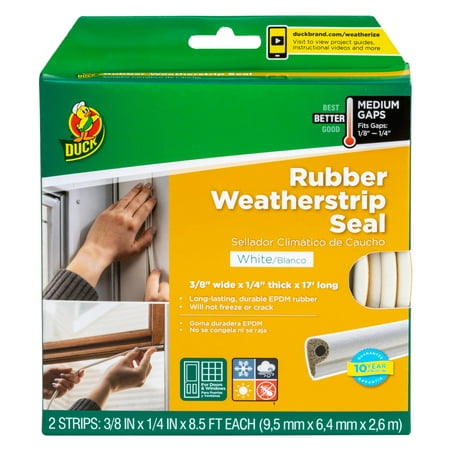What is the fastest way to cool a house? This combination is the secret to a comfortable house in summer
Too hot at home? This is the quickest way to cool down your house
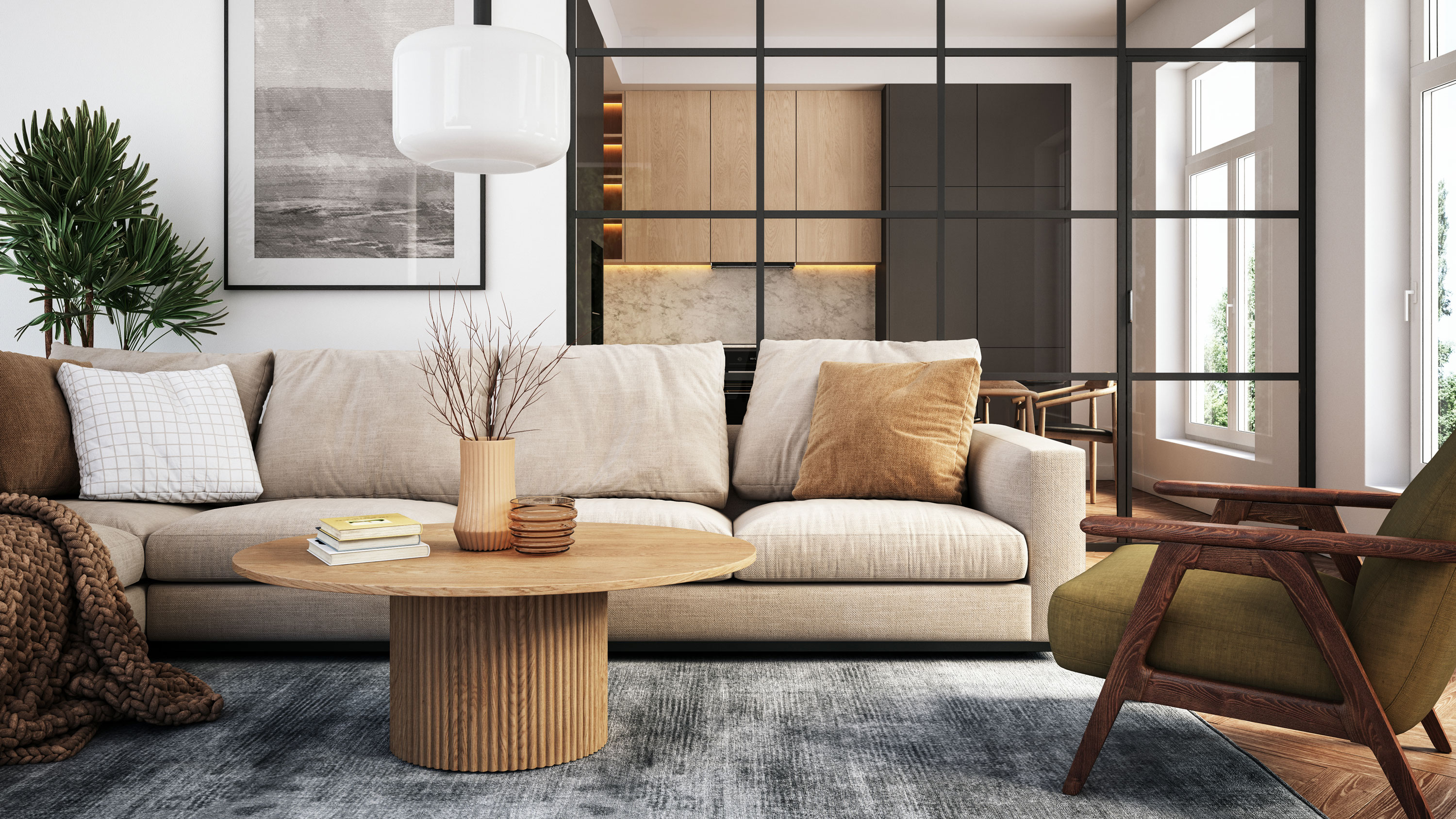

Waking up to sunlight streaming through your window can really put some pep in your step, but when it is accompanied by blaring heat and humidity, starting the day can feel more like peeling yourself from your sheets than getting up gracefully.
While some unusual methods for staying cool at home can certainly help to cool down a room, the best approach to feeling comfortable quickly is to cool down your whole house and eliminate hot air that can quickly put a dampener on your day.
So, what is the fastest way to cool down a house? Experts suggest it is a combination of these three things – here’s how they work.
What is the fastest way to cool a house?
Although we wish there were one simple answer to cooling down a house, it is never that simple:
‘No single method is usually enough to fight the brutal heat effectively,’ explains Yashar Mosaferi, HVAC expert and president of Klondike AC. ‘It's always better to combine a number of solutions to ensure proper cooling and efficiency. With that in mind, I recommend optimizing your home to use Central air with complimentary cooling strategies,’ he says.
1. Optimize your home for central air
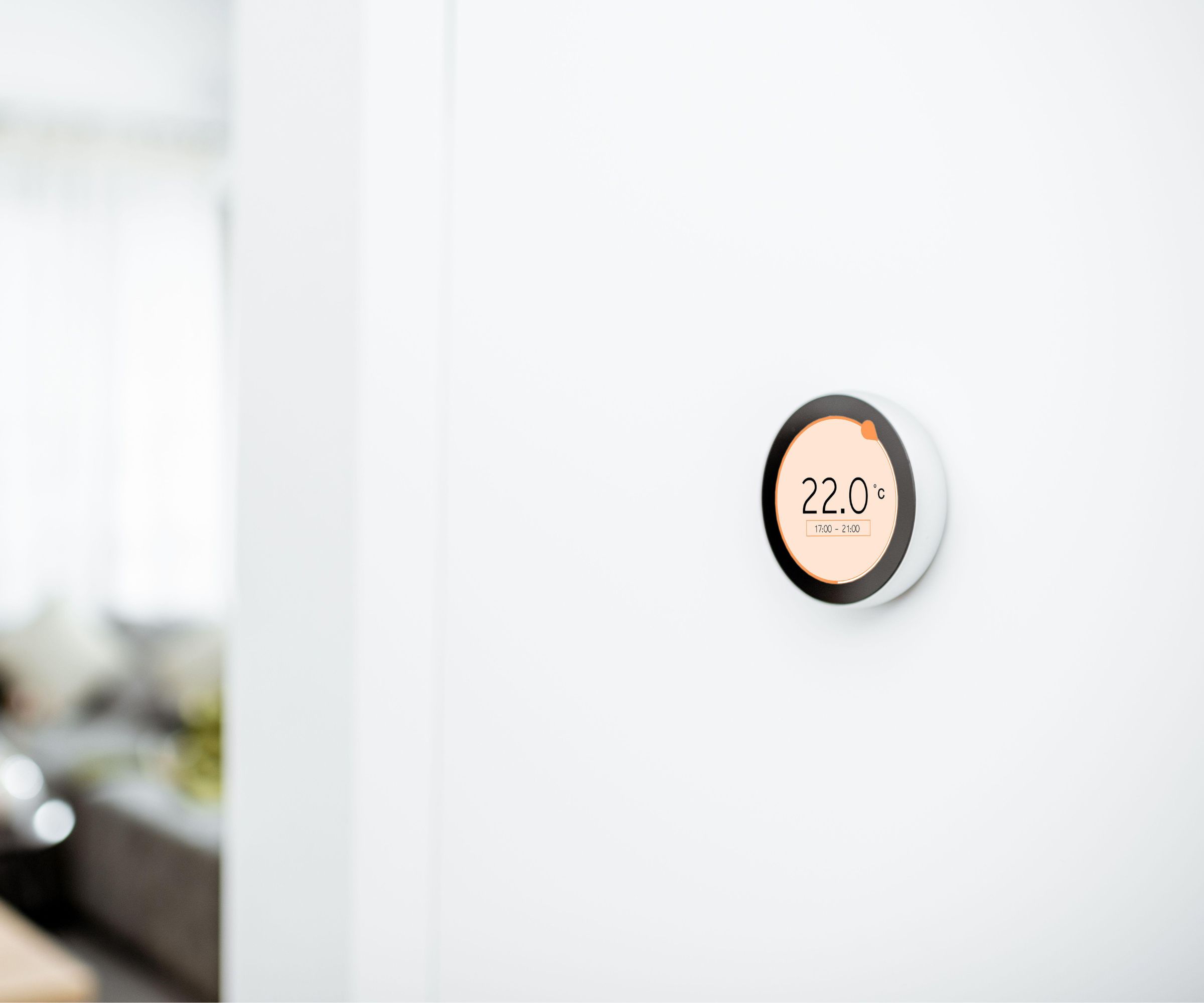
It should go without saying that the most effective and quickest way to cool your home is to turn your thermostat down and blast your central air, begins Brad Roberson, president at Aire Serv, a Neighborly company:
‘A whole-home HVAC system is designed to remove humidity and heat in the home to create a comfortable environment,’ Brad explains. ‘Homeowners should ensure the HVAC system is inspected at least annually and the air filters are changed every 30 to 90 days, depending on the needs of the homeowner. This will help ensure the unit will run as it should.’ It is also useful to regularly clean your HVAC system to keep it running efficiently and help to cut energy bills.
‘Always have the HVAC unit inspected before the start of the summer season.’
2. Pair with fans to keep air moving
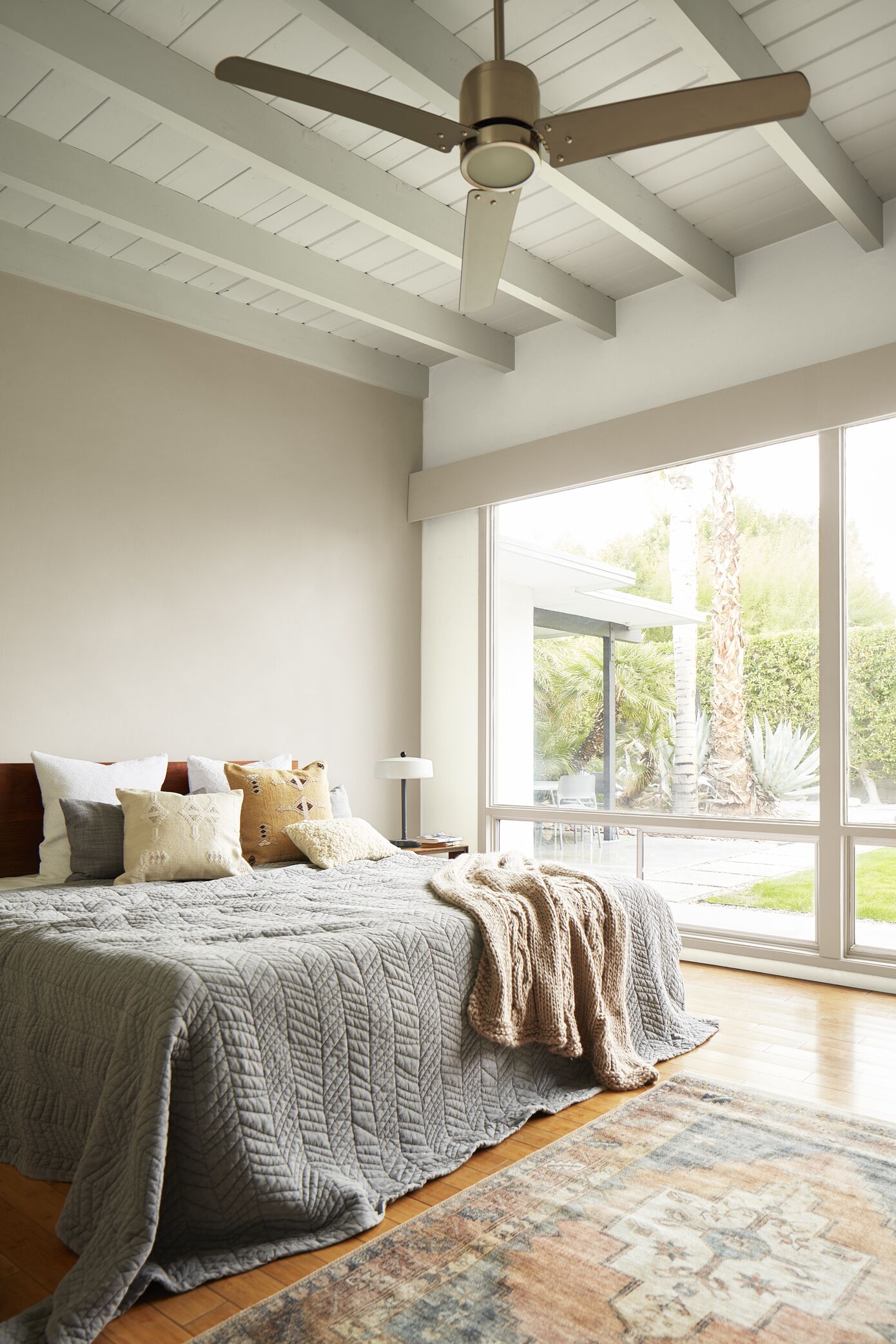
It is certainly possible to cool a room with fans, but they are not as impactful on their own. This is why Yashar Mosaferi, an HVAC expert, suggests pairing them with your built-in central air to keep air moving and feel cooler at home:
‘To maximize the efficiency of your central air conditioning, consider using ceiling fans to help spread cold air more effectively. Fans create a wind-chill effect so that you will feel cooler without the necessity of turning down the thermostat,’ he says. Just be sure to run the fan counterclockwise to help pull hot air up and away from you, rather than punching warmer air down.
You can also point a fan out of a window to help cool down a house, using it to direct hot air out of your home while keeping hotter air out.
3. Check your home’s insulation
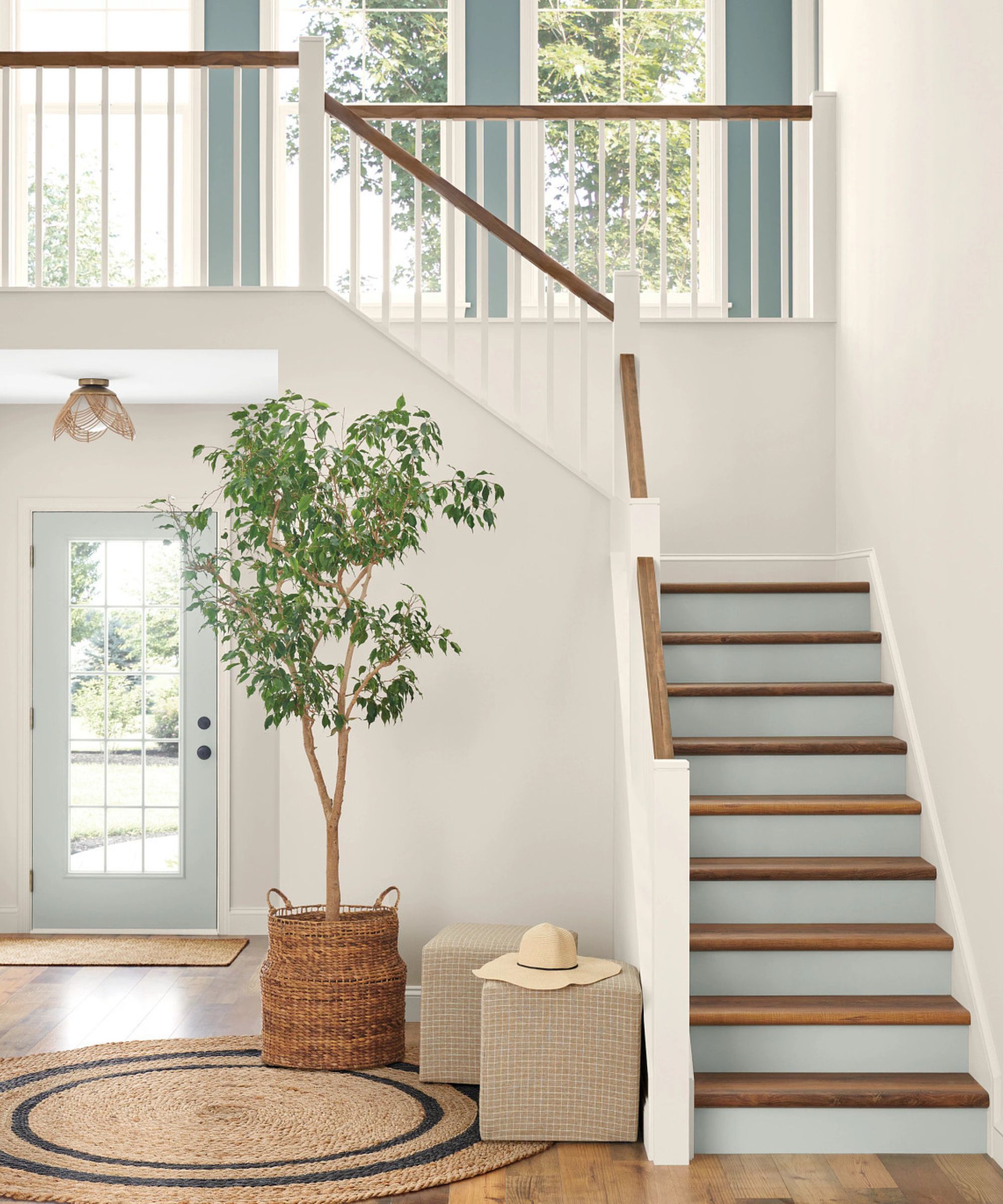
When designing a home that stays cool, your home insulation should be at the top of your priority list. Although insulation is more commonly associated with keeping your home warm in winter, good insulation will reflect heat and prevent hot air from entering your home and countering the work of your central air, explains Max Veggeberg, CEO and founder of Tetra:
‘Improving insulation in your home is also crucial to maintaining cool and comfortable indoor temperatures and reduces the workload on your HVAC/cooling system. By ensuring that your home is well-insulated, you can minimize heat loss in the winter and keep cool air trapped indoors during the summer months, translating to lower energy bills and a more energy-efficient home overall.’
Insulating your home can be as big as insulating an attic to make a house cooler, or as small as checking the weather stripping around windows and doors to prevent small jets of hot air getting in.
FAQs
How can I cool my house overnight?
When trying to cool a house overnight and wake up to more comfortable temperatures it is a good idea to open windows and utilize fans. The outside temperature is usually cooler at night than in the day, so opening up windows and positioning fans to push hot air out of the space will ensure that your home feels cooler in the morning. Be sure to close the windows before the outside air gets too warm, however, to avoid counteracting your hard work.
How long should it take to cool a house one degree?
When trying to cool down a home, it usually takes around one hour to change a room's temperature by one degree. However, this all depends on the size, type, and power of your HVAC system, the size of your home, and the temperature. A very hot, open-plan home will take longer to cool than a slightly warm, closed-off space, for example. Ensuring that your HVAC system is an adequate size for your space and is well maintained will make cooling a house quicker and more efficient.
Of course, these are not the only ways to keep a home cool in a heatwave. Anything that stops sunlight and heat transfer will help to keep a home more comfortable in the warmer months, reminds Brad Roberson, president at Aire Serv. For instance, ‘closing blinds and curtains to reduce direct sunlight entering the home, ensuring doors and windows are properly sealed, and trying to reduce the use of the oven and stove during the day all have an effect,’ he says. ‘Even something as small as switching to energy-efficient light bulbs can also help reduce heat generation from light bulbs.'
Sign up to the Homes & Gardens newsletter
Design expertise in your inbox – from inspiring decorating ideas and beautiful celebrity homes to practical gardening advice and shopping round-ups.

Chiana has been at Homes & Gardens for two years and is our resident 'queen' of non-toxic living. She spends most of her time producing content for the Solved section of the website, helping readers get the most out of their homes through clever decluttering, cleaning, and tidying tips. She was named one of Fixr's top home improvement journalists in 2024.
-
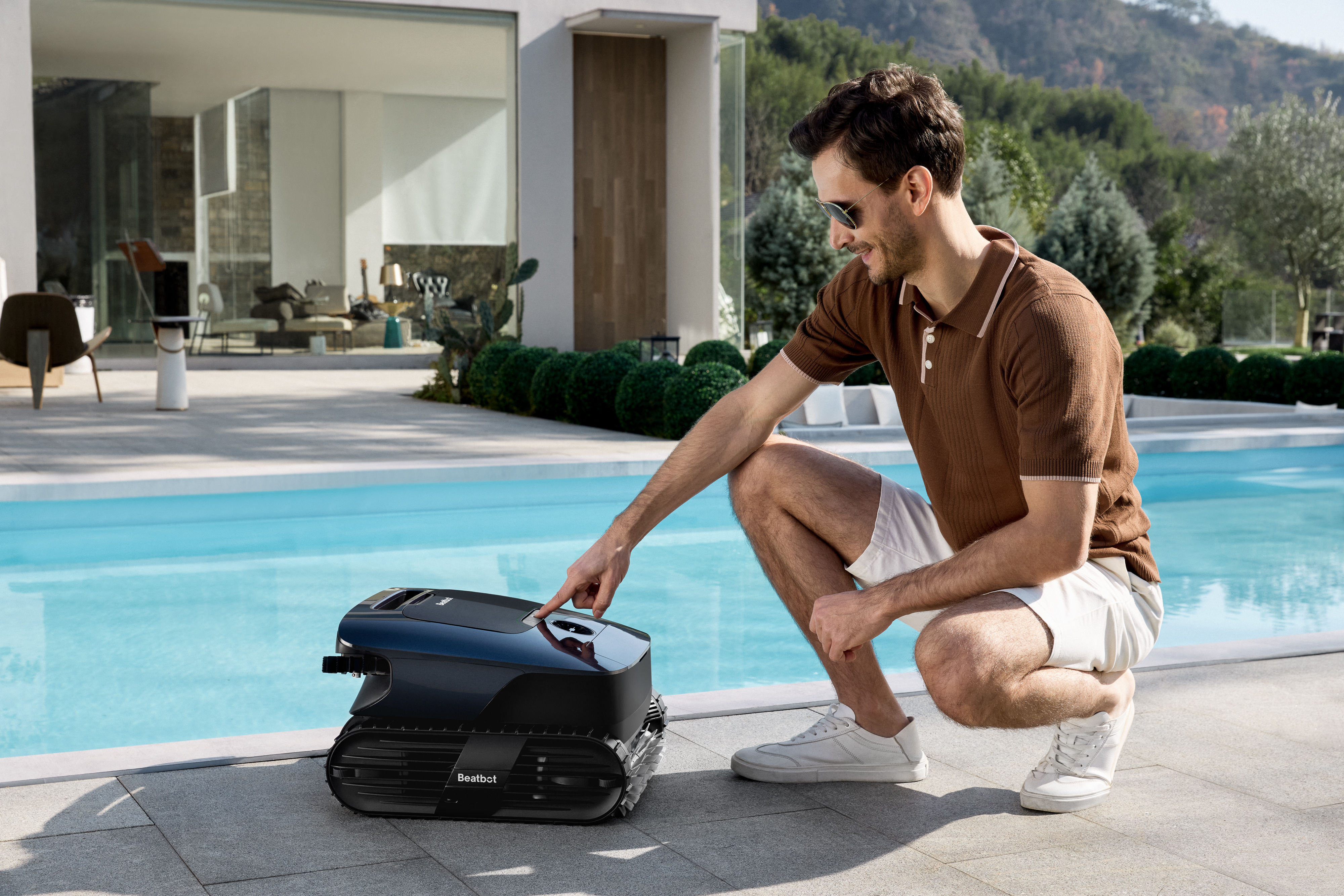 Step up your pool cleaning routine with Beatbot AquaSense 2 Ultra
Step up your pool cleaning routine with Beatbot AquaSense 2 UltraCelebrate National Pool Opening Day by saving up to $618 on a luxurious pool cleaning solution from Beatbot.
By Sponsored
-
 Isabella Rossellini's kitchen defines 'pantry perfection' – her sleek storage method is one of the most beautiful ways to bring order to your shelves
Isabella Rossellini's kitchen defines 'pantry perfection' – her sleek storage method is one of the most beautiful ways to bring order to your shelvesA custom Chilean applewood pantry lines the walls of the Conclave actress's kitchen – you can tap into her stunning technique from $42
By Megan Slack
-
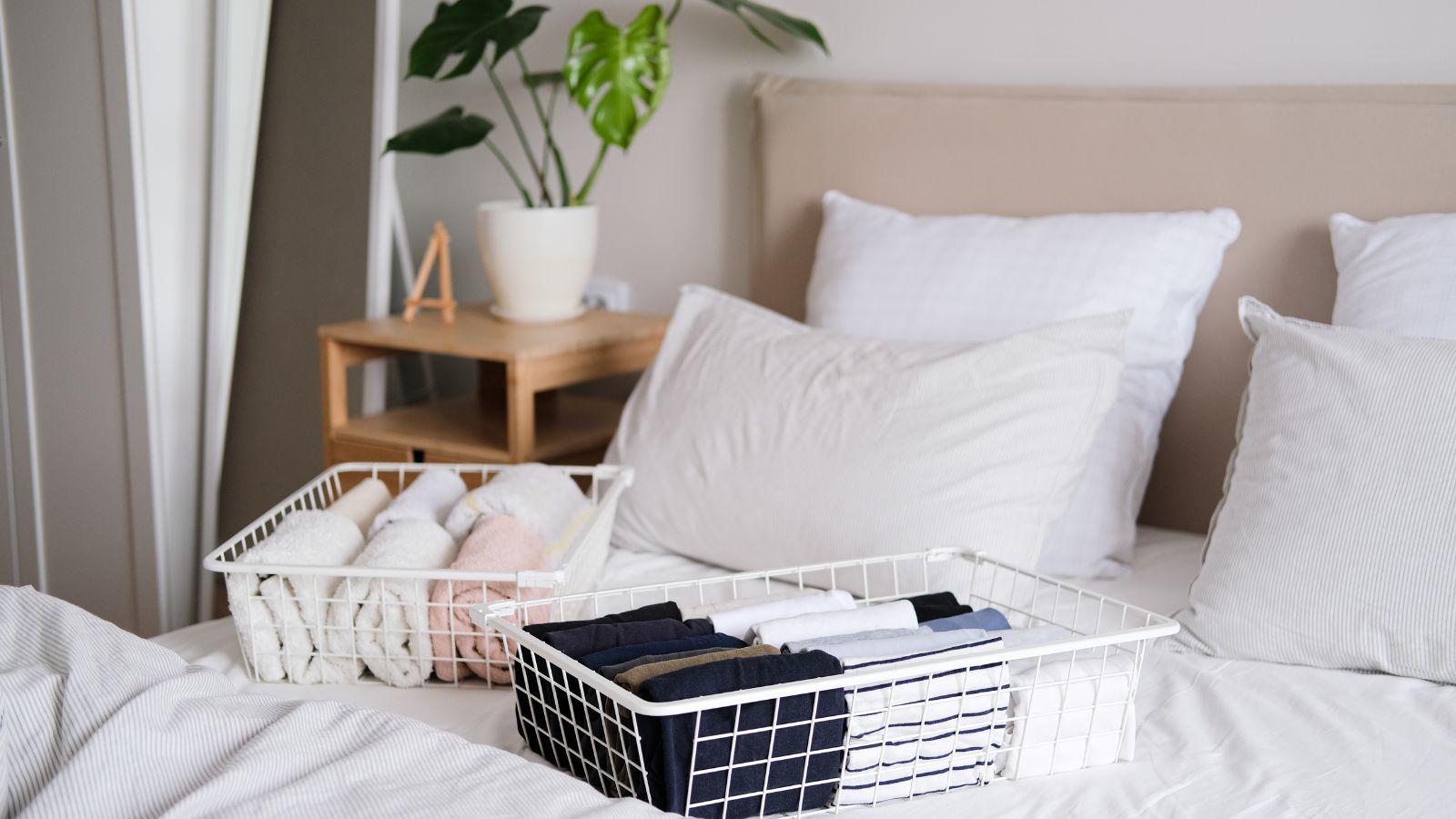 The 6 essential things professional organizers swear by to keep their rooms organized
The 6 essential things professional organizers swear by to keep their rooms organizedKeep your space streamlined too with these expert-approved buys
By Chiana Dickson
-
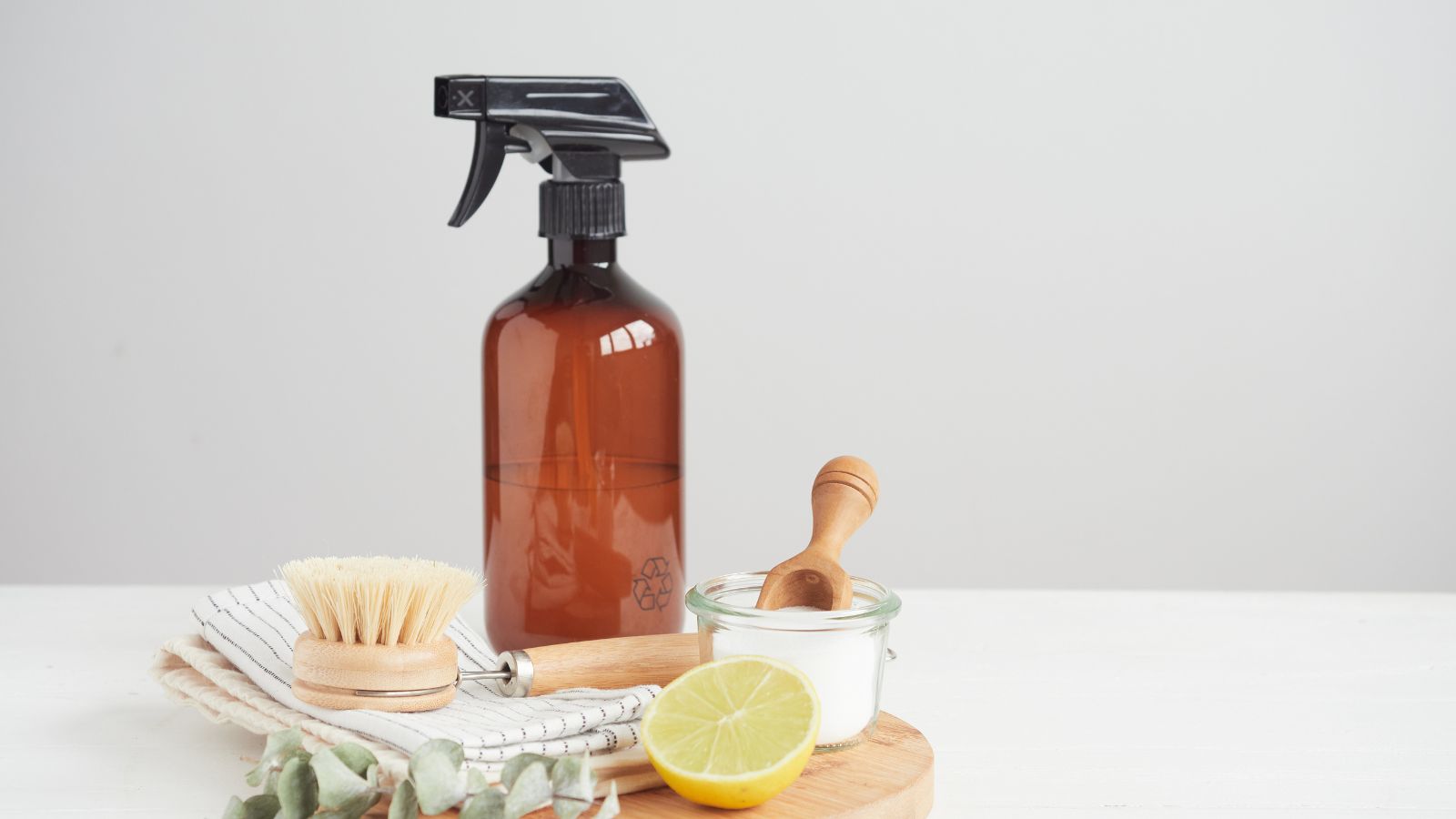 6 things you can clean with citric acid around the house – plus, it's eco-friendly and reduces the need for harsh chemicals in your home
6 things you can clean with citric acid around the house – plus, it's eco-friendly and reduces the need for harsh chemicals in your homeProfessional cleaners love using this natural cleaner around the house
By Ottilie Blackhall
-
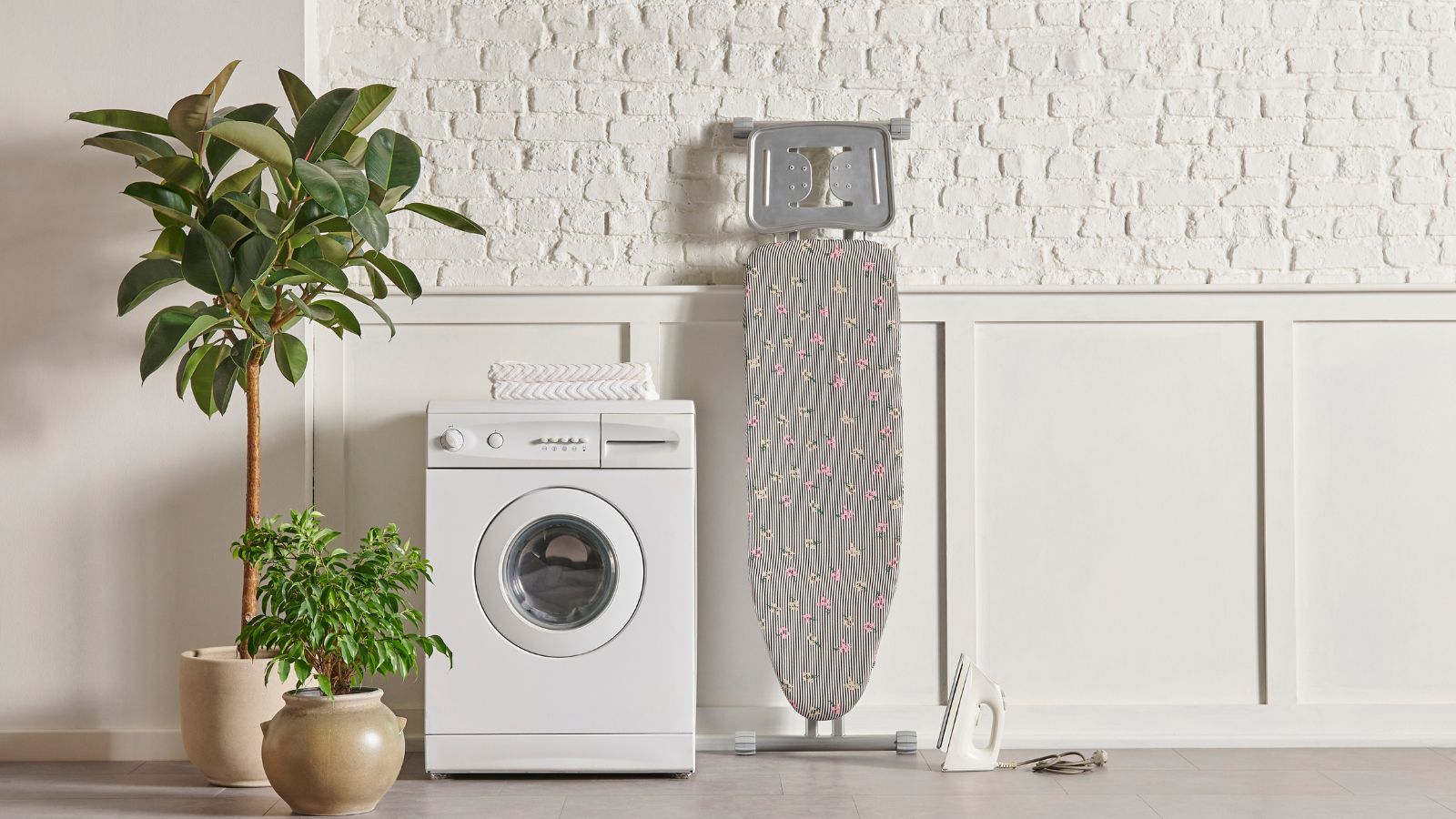 Can silk go in the dryer? Laundry pros say it could be a costly mistake, leading to warping and shrinking
Can silk go in the dryer? Laundry pros say it could be a costly mistake, leading to warping and shrinkingAvoid this drying blooper to protect your silk bedding and clothing, experts urge
By Chiana Dickson
-
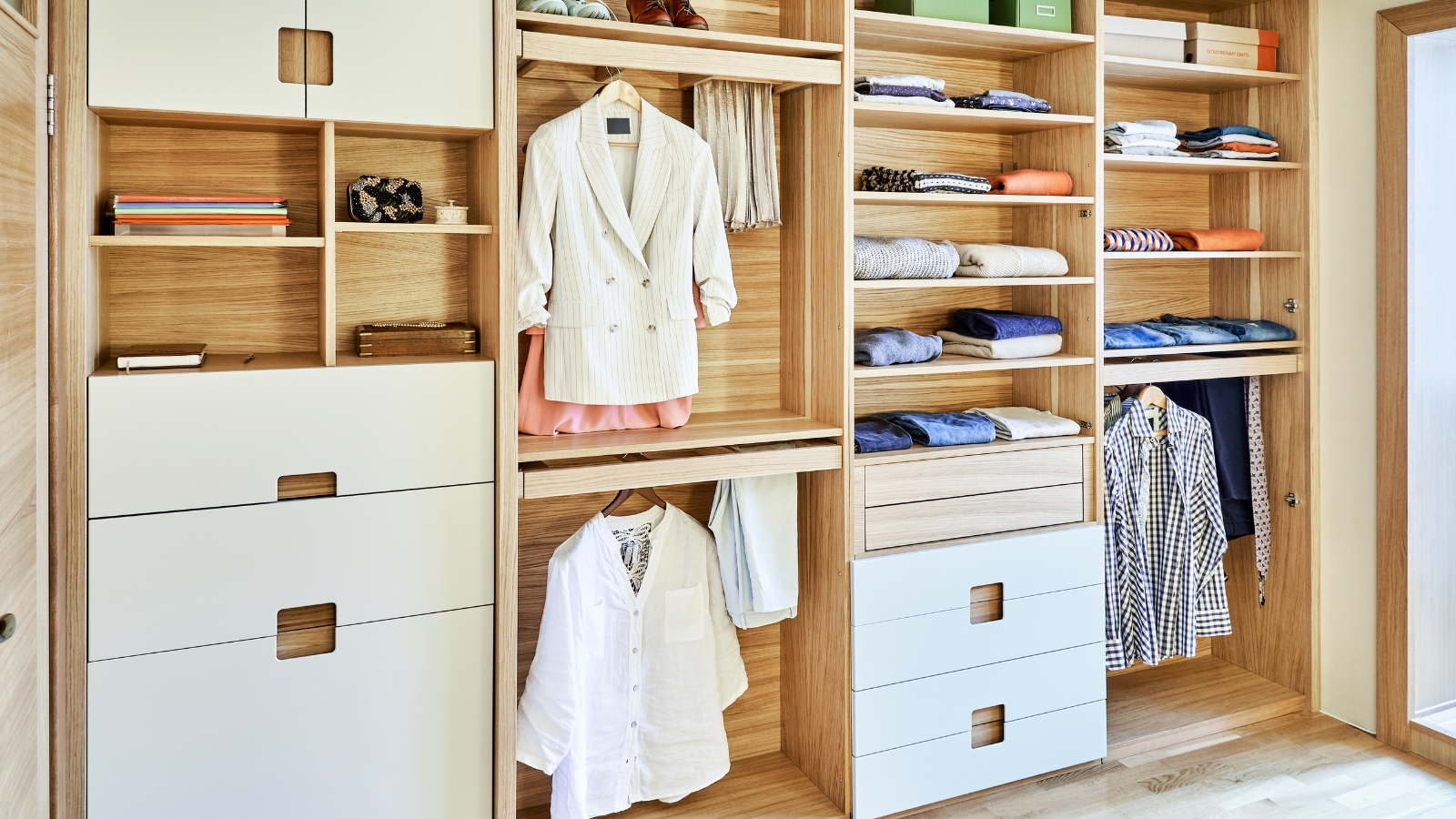 5 expert steps to organize a small walk-in closet – and how you can keep it that way for good
5 expert steps to organize a small walk-in closet – and how you can keep it that way for goodWith these organizer-approved tips, even the smallest of closets can be functional and beautiful
By Ottilie Blackhall
-
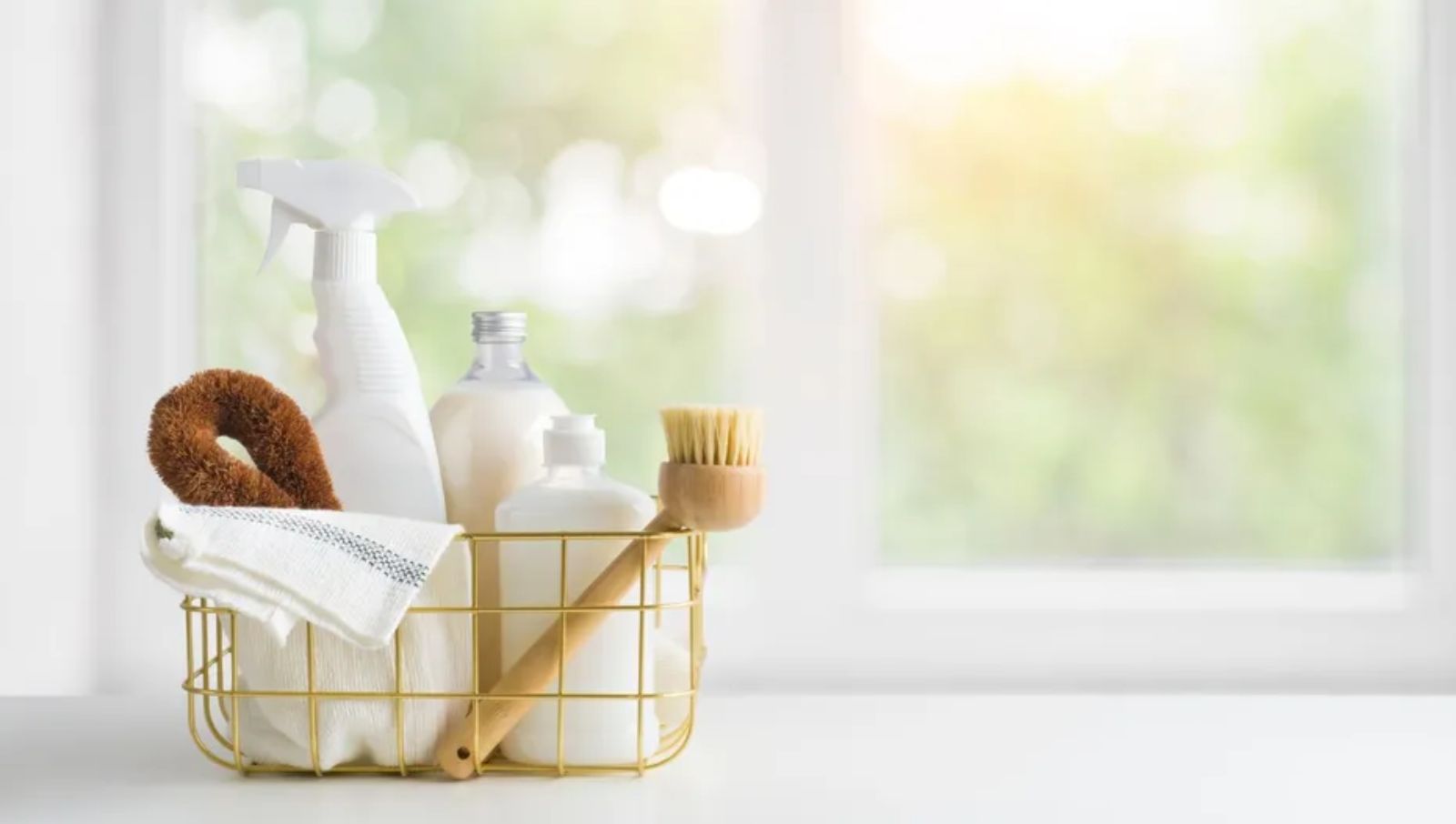 The 4 purchases professional cleaners always regret – pros reveal what's a waste of money and where to spend instead
The 4 purchases professional cleaners always regret – pros reveal what's a waste of money and where to spend insteadExperts warn off cleaning supplies that sound like a good idea but will actually make the task harder
By Chiana Dickson
-
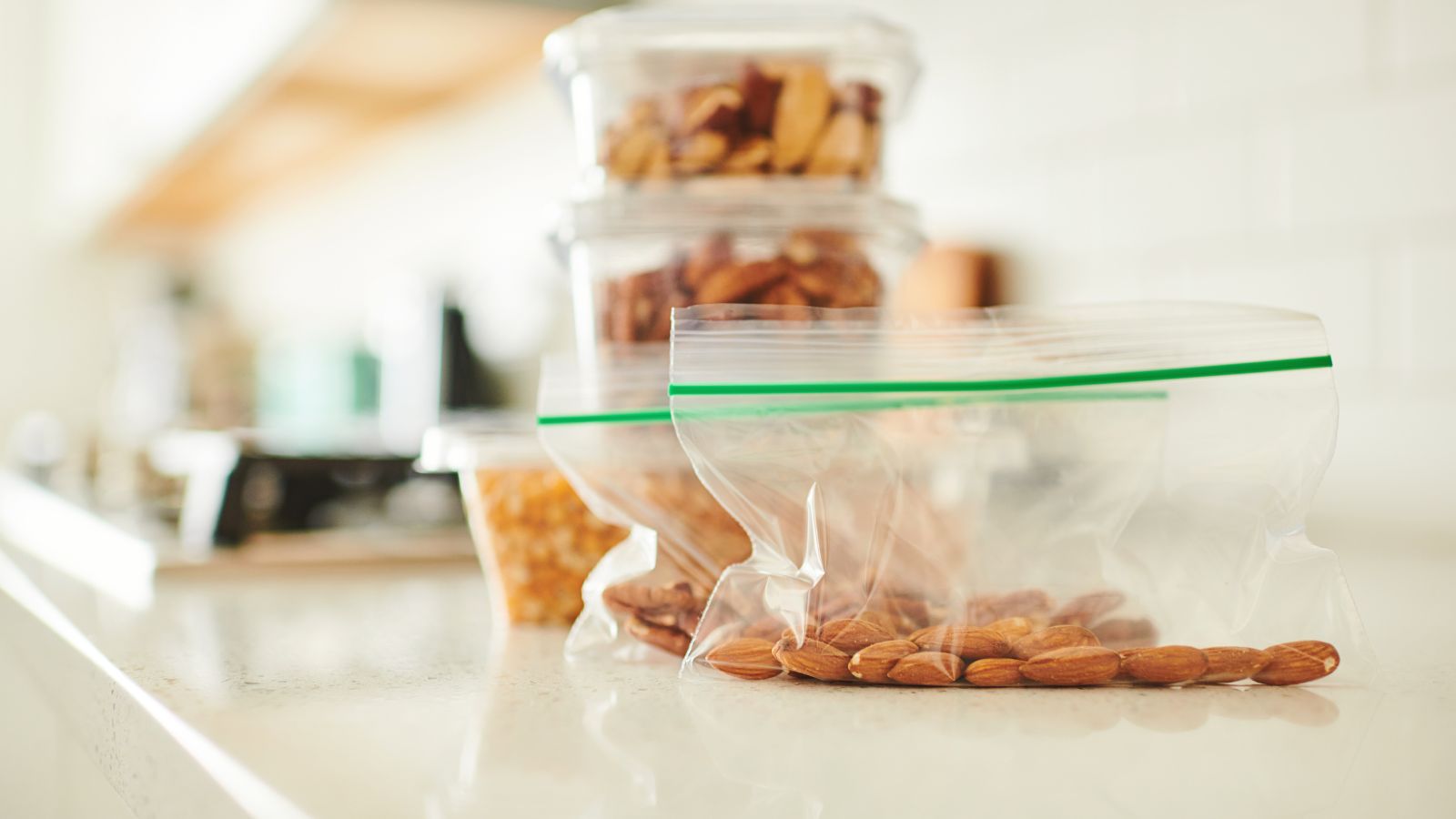 Experts reveal 8 surprising uses for Ziploc bags around your home that are cost-effective and clever
Experts reveal 8 surprising uses for Ziploc bags around your home that are cost-effective and cleverZiploc bags can be used in many ways from cleaning crayon marks to filing
By Ottilie Blackhall
-
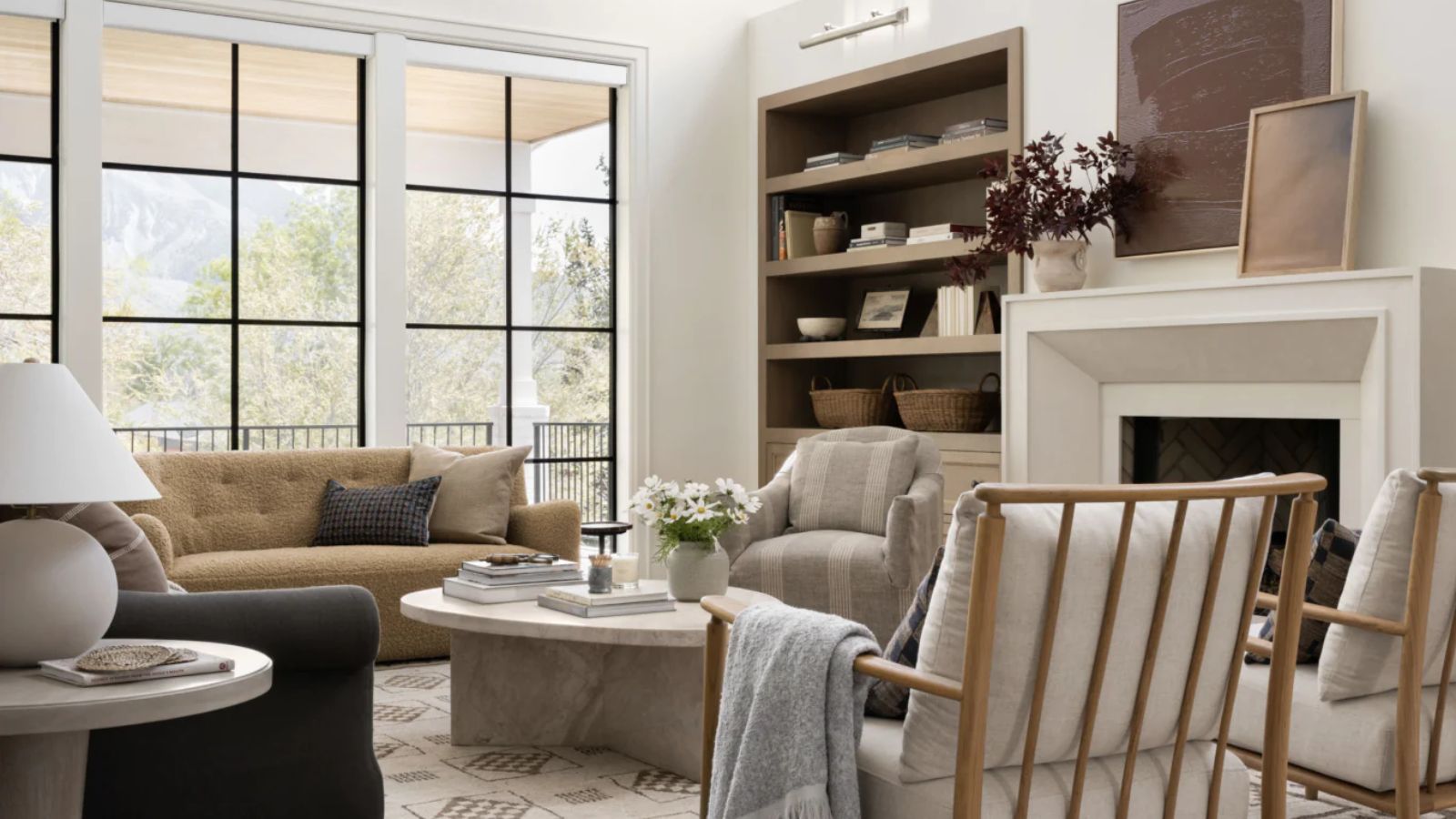 Professional organizers won't leave Walmart without these 6 items
Professional organizers won't leave Walmart without these 6 itemsElevate your home's storage with these expert-approved favorites
By Ottilie Blackhall
-
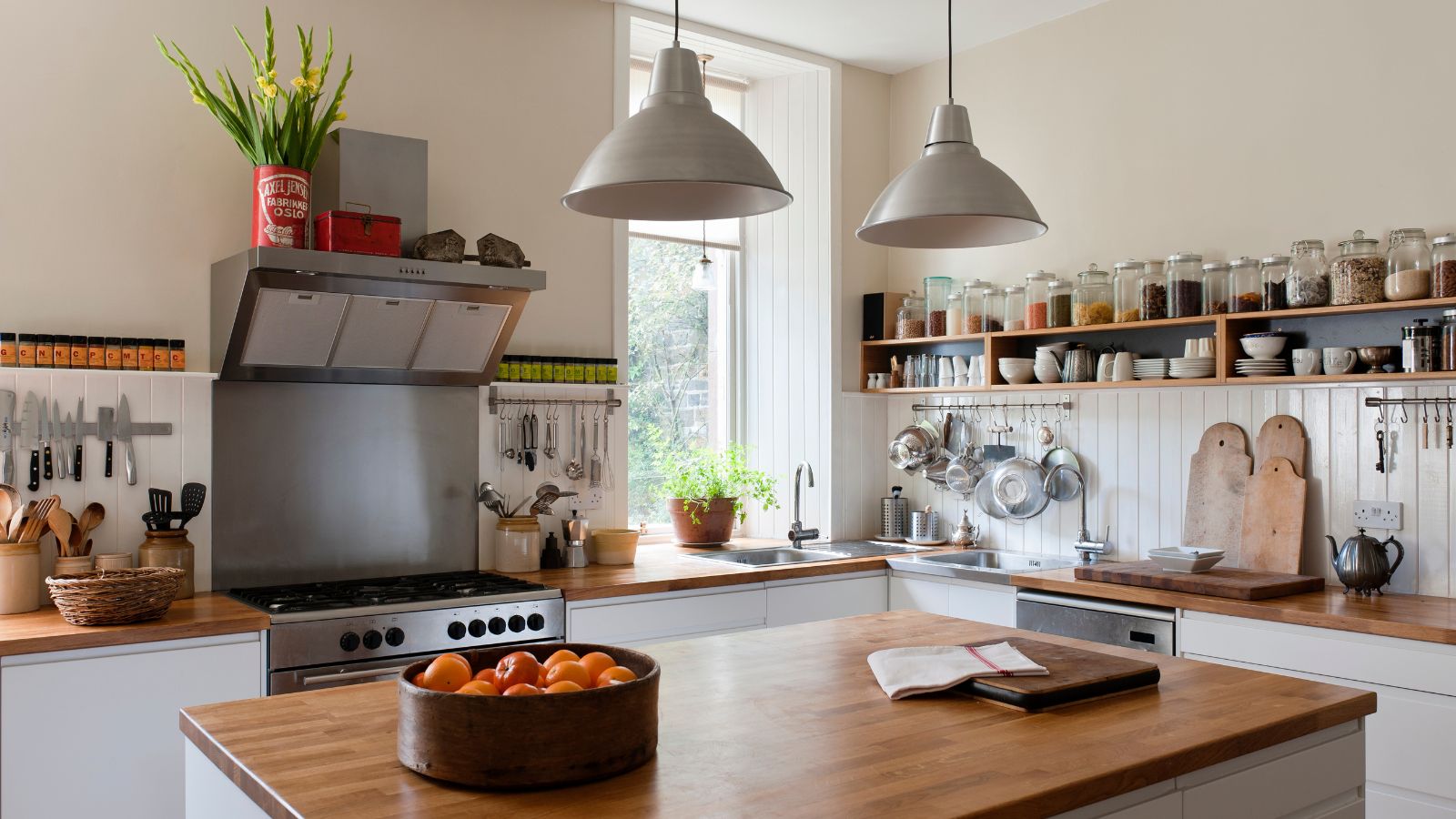 Experts reveal the 8 warning signs it's time to replace your hazardous old appliances – and what you definitely shouldn't delay or ignore
Experts reveal the 8 warning signs it's time to replace your hazardous old appliances – and what you definitely shouldn't delay or ignoreIt's time for an upgrade if you notice any of these alarming signs
By Ottilie Blackhall
